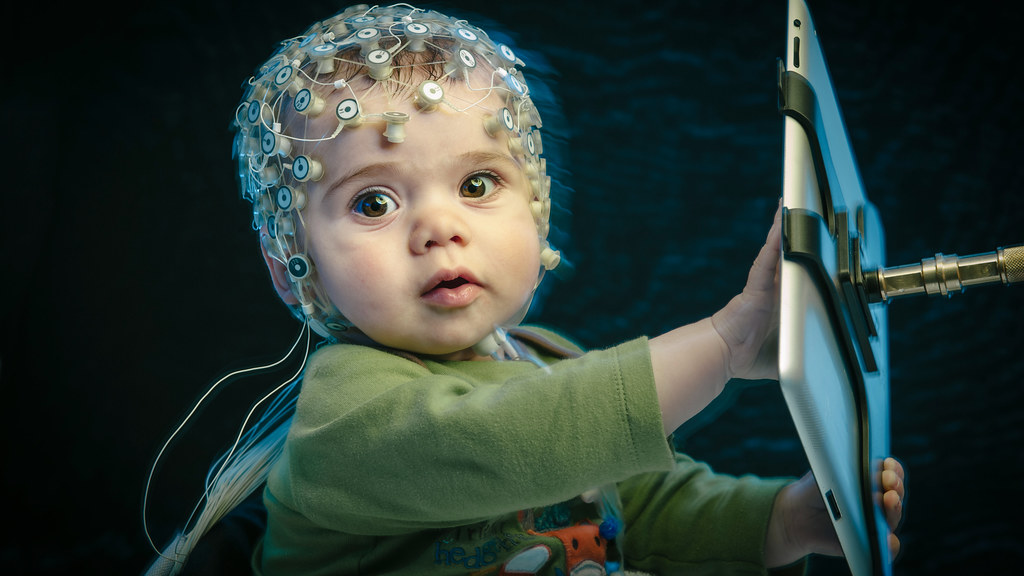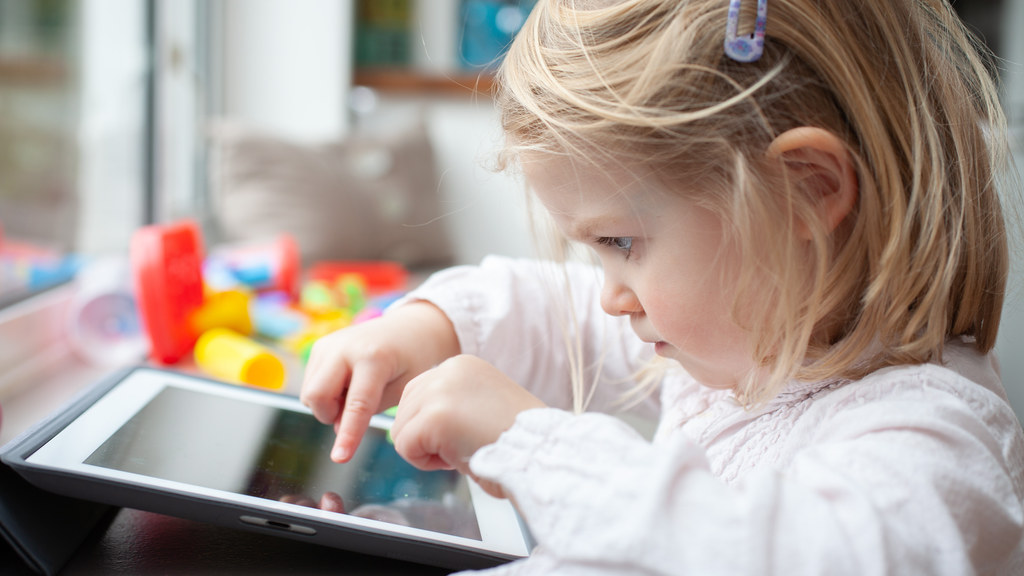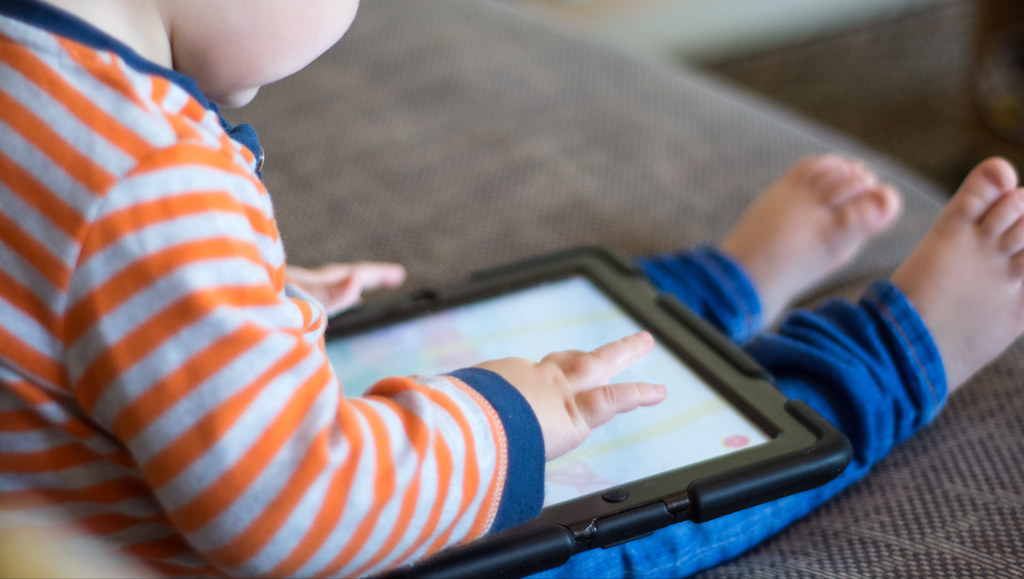The Bedtime Boost trial

The Bedtime Boost Trial is a feasibility and pilot randomised controlled trial of a parent-administered intervention on children’s pre-bed activities.
We actively research the factors that impact the cognitive development of infants and young children.

The Bedtime Boost Trial is a feasibility and pilot randomised controlled trial of a parent-administered intervention on children’s pre-bed activities.

The PACS study analyses how differences in pre-school children’s performance on attention control and cognitive tasks are associated with their behaviour.

Bath Babylab contributes to the TABLET project. This project investigates how infants' touchscreen use impacts their cognitive, brain and social development.
Children are like little scientists, testing out their ideas to find out how the world works.
At the Bath Babylab we hope to find out more about how infants and toddlers learn and develop. This will help to increase the scientific understanding of child development, and support parents and practitioners to make more informed decisions for young people.
Our research needs participants. You can get involved by:
Are you pregnant or do you have children under 16? We frequently run research studies and public engagement activities that volunteers can take part in.
By taking part in our studies, you will:
If you're interested, please sign up to receive updates.
Sign up to help with our research
News and updates from the Bath Babylab

Psychologists at the University of Bath will open their doors to the public through a fascinating new initiative focused on children’s development.

New research from Bath psychologist Dr Rachael Bedford highlights some of the effects regular use of touchscreens could have on toddlers.

New research from Dr Rachael Bedford as part of the TABLET project recruited 12-month-old infants who had different levels of touchscreen usage.
Bath Babylab is part of the Department of Psychology.
Find out more about the members of the Bath Babylab.
Our research focuses on typical and atypical cognitive development in infants and children, including attention control and social processing. We also study factors that influence the developing mind, such as screen time and sleep.
The work we do has many potential real-world applications and benefits. These range from the early diagnosis of developmental conditions, through to developing interventions to improve outcomes for young people.
If you have any questions about our research, or would like to withdraw your data, please contact us.